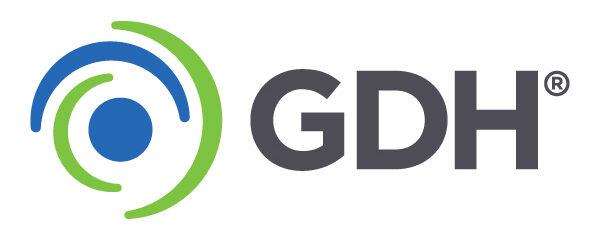The Difference Between Judgment and Assessment in Recruiting
Judgment gets a bad rap, but Merriam-Webster says it’s just forming an opinion or making a decision after careful thought. Deciding which candidates get to move through the recruiting process and, in the end, which ones to hire, involves judgment–forming opinions and making decisions.
But judgment can be a subjective thing in many situations. Our opinions about what makes an ideal candidate may be informed by our biases about people. And one person’s, or even one hiring team’s, perspective can never be objective enough to consistently make the best decisions for every position in every hiring situation.
Assessments Are Objective
That’s where assessments come in. Assessments consist of a series of questions asked of candidates that reveal traits, skills, or characteristics of those candidates in a uniform and consistent way. There are different types of assessments, but they all have some things in common that make them a valuable tool for recruiting and hiring.
Whether it’s a cognitive assessment that measures a candidate’s ability to think about a topic or situation, or a behavioral assessment that measures personal traits that could impact the ability to do a job, the same questions are asked of all candidates.
The value of assessments lies in their objectivity, consistency, and uniformity. It is difficult to be entirely consistent in your interviewing techniques. The ebb and flow of an interview may lead you to ask different questions in different situations. One candidate may give longer answers so that more or fewer questions may be asked in each interview.

Assessments Are Fair
And while interviewers want to be natural and go where the interview leads, it can be damaging to their ability to fairly and equally assess a list of candidates. Assessments will yield different answers because everyone is at least a little bit different. But they won’t stray from the planned inquiries because they are the same each and every time.
The best assessments are predictive–that is, they predict success in a job by matching traits or skills that are important for that role. Proven assessments are based on previous data about which skills and qualities correlated with success in a particular job. Not only are these assessments fairer, but they are also more effective for keeping turnover low, and productivity high after hiring takes place.
Standard assessments like Myers-Briggs (a personality test) can help identify traits and tendencies. Still, customized assessments will be better at finding the best talent for your particular open jobs, rather than a more generic result.
Assessing candidates rather than judging them may seem like a small distinction, but it can make the difference between hiring mistakes and being able to make effective hires that make a difference to your company. More effective hires will stay in the job longer, be more productive, and give your company a better chance of success than just going through the normal hiring process.
GDH offers help with recruiting, from end-to-end services that take care of the entire recruiting and hiring process to help with certain aspects of recruiting where deficiencies occur. Contact us for more information about our top-notch recruiting process and how it can help your company hire better.







